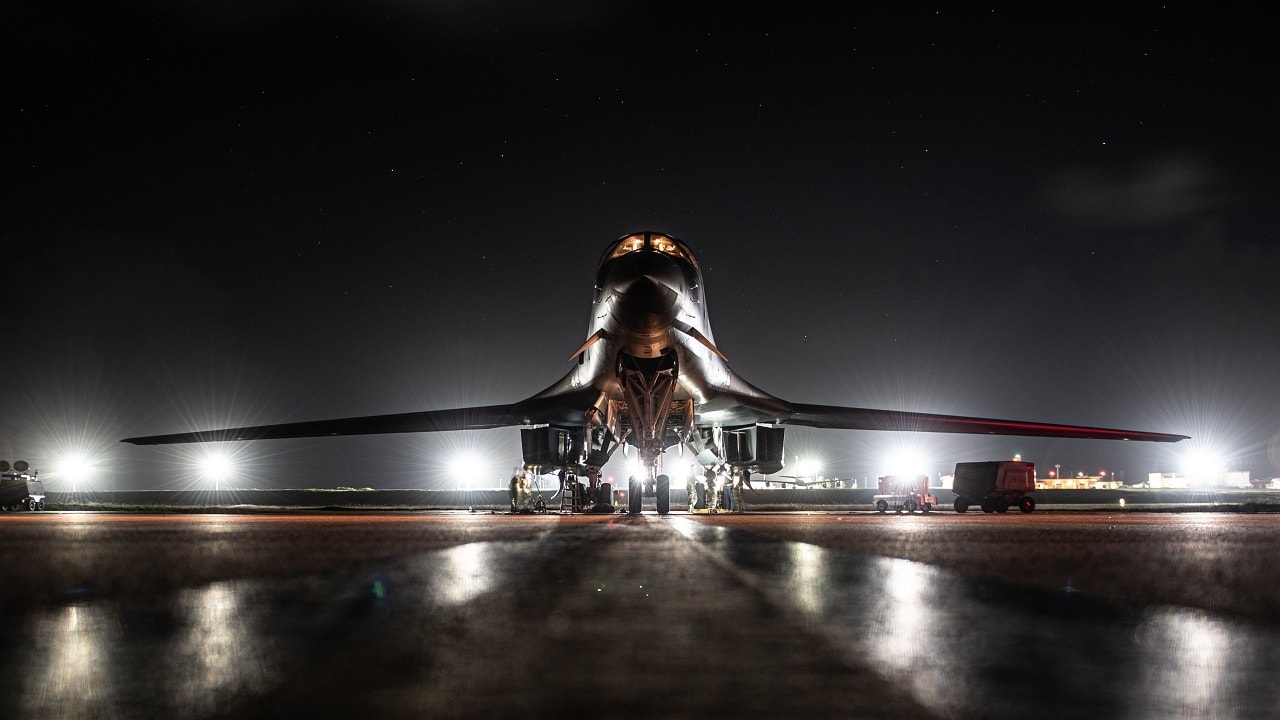Speaking before the Senate Armed Services Committee earlier this month, Gen. Michael Langley, the commander of US Africa Command, warned of the growing danger to US national security of Chinese influence in West Africa.
China’s seeking an Atlantic base is not new. After the Obama administration largely mothballed Lajes Field in the Azores, China openly scouted the island as a potential base location. To the Biden administration’s credit, the White House and Pentagon now take Chinese inroads in the Atlantic more seriously than did under Presidents Obama and Trump. The White House made an urgent diplomatic intervention with Equatorial Guinea President Teodoro Obiang Nguema Mbasogo to stop China’s efforts to build a base in that West African dictatorship. Secretary of State Antony Blinken and President Biden himself have both courted Obiang, Africa’s longest serving dictator, who recently announced his intention to seek another term that would extend his tenure to 45 years.
Saner minds within the US government may be having second thoughts about the degree of America’s partnership with Obiang. It is one thing to block China’s base, but another to go all in on a leader Biden’s age. Should Obiang die tomorrow, China might play dirty. Chinese strategists are more agile than American diplomats are and could bribe their way to the top, essentially creating a situation in which the Pentagon builds a base only to have Obiang’s successor hand it to the People’s Liberation Army on a silver platter. There is a reason why democracies are a better strategic asset in the long-term, no matter how tempting partnership with dictators might be in the short-term.
Perhaps this is why rumors swirl that Liberia may instead host a US base. Superficially, a US-Liberia partnership makes sense. History has intertwined the two countries for 200 years, since freed American slaves founded Liberia. Just over a year ago, the Biden administration celebrated capital Monrovia’s bicentennial.
The danger is Liberia’s president George Weah, a former soccer star-turned politician. Weah has largely been an absentee leader. He described Brooklyn as his home, and skipped town for Qatar, Monaco, France, and the United States for several months while Liberians scrambled amidst a food shortage. Weah reneged on his promise to set up an economic crimes court as he grew to count on alleged war criminals as key allies.
Weah is up for reelection in October 2023. He appears increasingly desperate as key constituencies defect to challenger Alexander Cummings, Jr., a philanthropist and former Coca Cola executive. Against this backdrop, Weah appears ready to trade political longevity for a willingness to allow the United States to establish a more formal presence.
FrontPageAfrica, citing members of Weah’s staff, said Weah’s recent trip to the Central Intelligence Agency focused on a US desire for “stability” in Liberia as the United States seeks to counter both Chinese influence and the presence of Russia’s Wagner Group in the region.
Under Weah, stability would be an illusion. Two-faced allies like Qatar and backsliding democracies like Turkey offer US bases as a get-out-of-jail-free card. They know bureaucratic dynamics: Once the Pentagon has a facility, it is loath to leave it and fights to prevent any diplomatic or economic consequence for its partners’ bad behavior.
The problem is Weah will never be able to deliver stability. Liberia remains extraordinarily fragile after two devastating civil wars. Weah’s corruption and democratic backsliding are already straining the sutures holding society together. If Biden’s national security team believe that a Weah dictatorship might be a reasonable price for US strategic interests, they are wrong.
While US Africa Command is right to recognize that it must have at least a forward headquarters in Africa, it is will snatch defeat from the jaws of victory if it sacrifices Liberia’s chance to preserve its democracy for Weah’s undeliverable promises of stability.
Rather than partner with dictatorships like Obiang’s in Equatorial Guinea or would-be kleptocrat’s like Weah in Liberia, the strongest hand the United States could play would be to invest in a partner that shares its values. Washington’s brand on the continent should be democracy and liberalism, not just some variation of Beijing and Moscow’s embrace of dictatorships.
To counter China and Russia’s interests on the continent, the best way forward would be to guarantee free and fair elections in Liberia. Only when Liberia’s democracy is secure should the United States take its partnership to the next level, not only with a jobs-creating base, but also with an investment hub that can take Liberia’s economy into the next quarter of the 21st century.
Now a 1945 Contributing Editor, Dr. Michael Rubin is a Senior Fellow at the American Enterprise Institute (AEI). Dr. Rubin is the author, coauthor, and coeditor of several books exploring diplomacy, Iranian history, Arab culture, Kurdish studies, and Shi’ite politics, including “Seven Pillars: What Really Causes Instability in the Middle East?” (AEI Press, 2019); “Kurdistan Rising” (AEI Press, 2016); “Dancing with the Devil: The Perils of Engaging Rogue Regimes” (Encounter Books, 2014); and “Eternal Iran: Continuity and Chaos” (Palgrave, 2005).

